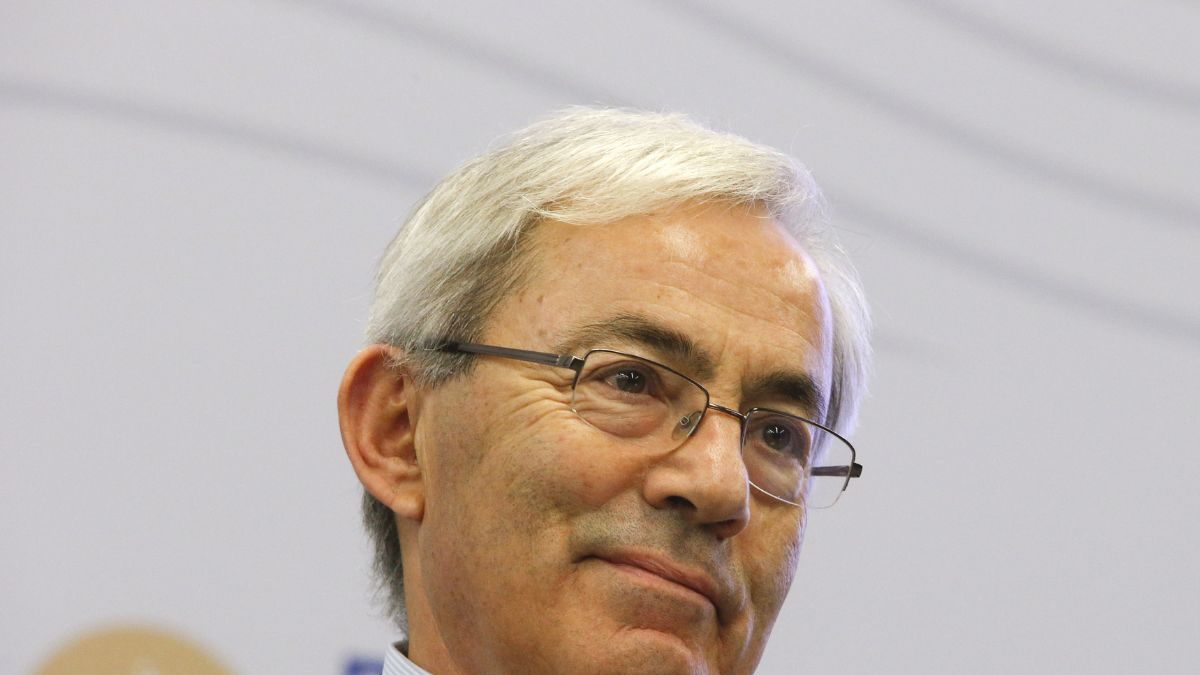ChatGPT Opens Door to Four-Day Week, Could Increase Productivity: Nobel Prize-winning Economist
Last Updated: April 06, 2023, 11:33 IST

Christopher Pissarides, winner of the joint 2010 Nobel Prize in Economic Sciences, attends a session of the St. Petersburg International Economic Forum, Russia. (REUTERS/Sergei Karpukhin)
Christopher Pissarides said the labour market will quickly adapt to artificial intelligence-backed chatbots
A Nobel Prize-winning labour economist has said the ChatGPT revolution will open the door to a four-day week by providing a major productivity boost for jobs.
Christopher Pissarides, a professor at the London School of Economics who specialises in the impact of automation on work, said the labour market will quickly adapt to artificial intelligence-backed chatbots, according to Bloomberg.
His remark comes amid concerns that ChatGPT-led advances in technology could bring mass job losses.
“I’m very optimistic that we could increase productivity. We could increase our well-being generally from work and we could take off more leisure. We could move to a four-day week easily,” Pissarides reportedly said in an interview in Glasgow.
Chatbots, including OpenAI’s ChatGPT and Google’s Bard, have been hailed as a potentially transformative technology that could cause a productivity boom but also expose millions of white-collar jobs.
Last week, Goldman Sachs economists predicted that as many as 300 million full-time jobs around the world could be automated in some way or other with the coming of the newest wave of artificial intelligence with platforms like ChatGPT.
Goldman’s economists also estimated that AI could eventually increase annual global GDP by 7 percent.
Pissarides, who had investigated the impact of automation on jobs, won a Nobel Prize in economics for his work on labour market frictions.
He warned that technology could still be being used for surveillance or invading privacy. He, however, added that it could make a “big difference” to productivity if used well.
“They could take away lots of boring things that we do at work… and then leave only the interesting stuff to human beings,” Pissarides said.
He added that the transition for workers will be made less painful by slower adoption by companies though the technology is “moving fast.”
With the gold rush for chatbots, some are concerned of the impact that it could have on society. Tech leaders, including Elon Musk, have signed an open letter calling for a pause to the training of powerful AI systems.
“There’s just no limit to how much work humanity could generate if they really want to work,” Pissarides said.
“It will take long to have a real impact and during that time people will adjust. What you need in this adjustment is basically upskilling,” he added.
Read all the Latest News here
For all the latest world News Click Here


